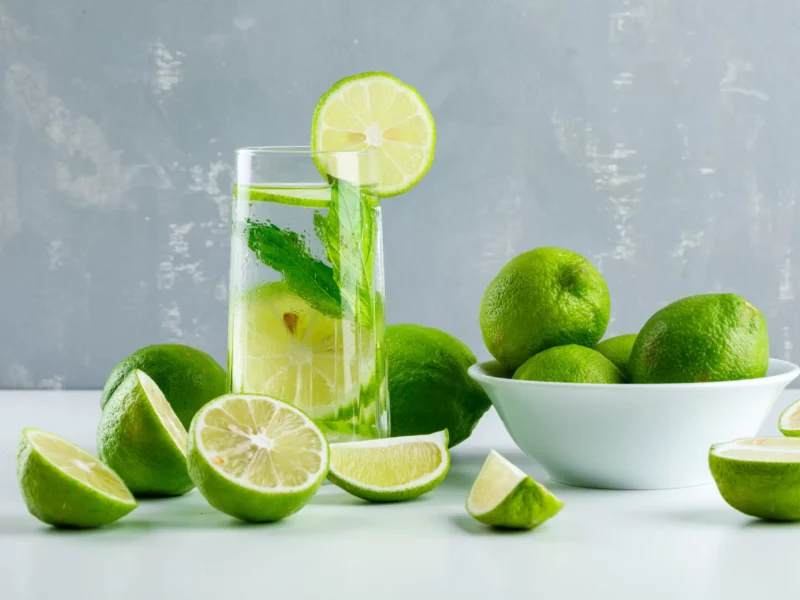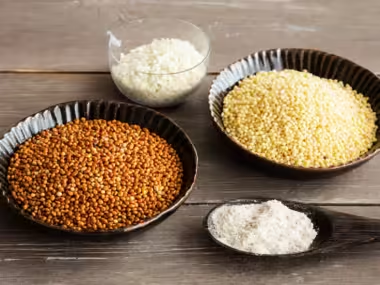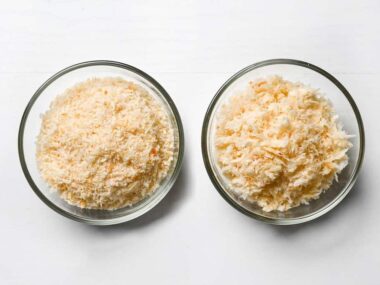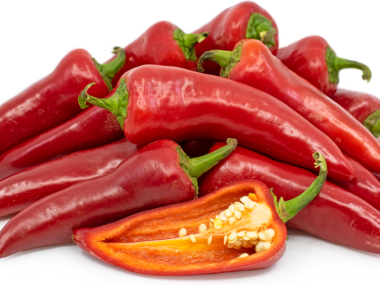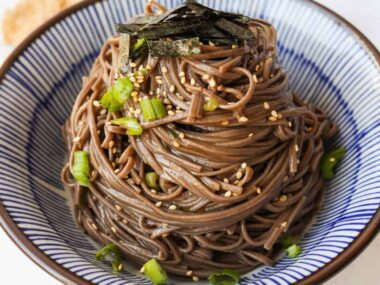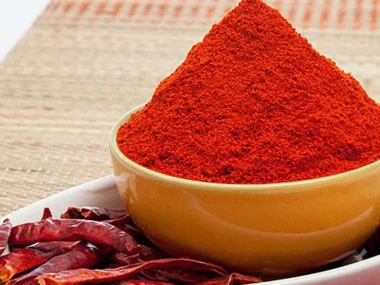If you’ve ever made jam, jelly, or wine at home, you might have come across an ingredient called pectic enzyme in recipes. This helpful additive breaks down pectin, a natural substance found in fruits that helps give structure to cell walls. Pectic enzyme is often used to improve the clarity of fruit juices and wines, or to help extract more juice from fruits.
But what if you don’t have pectic enzyme on hand, or you’re looking for a more natural alternative? Don’t worry – there are several substitutes you can use instead.
In this post, we’ll look at 11 different options that can help you achieve similar results in your home brewing or preserving projects.
11 Best Substitute For Pectic Enzyme
1. Lemon Juice
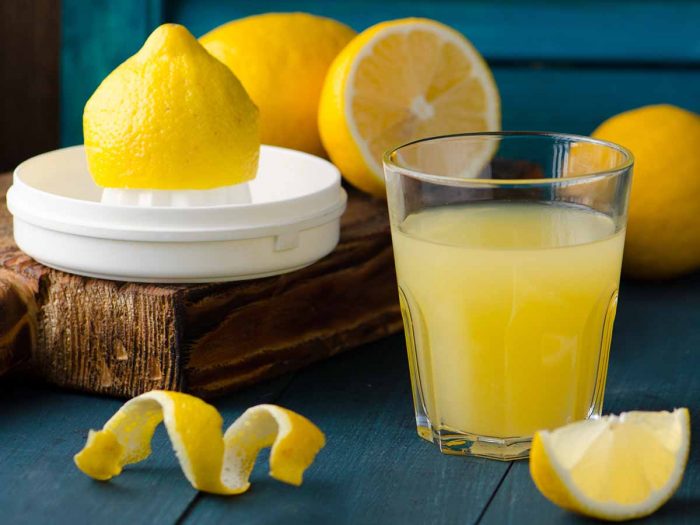
Lemon juice is one of the most accessible substitutes for pectic enzyme. It’s naturally high in acid, which can help break down pectin in a similar way to pectic enzyme. While it might not be as strong or fast-acting, it’s a great option for many home cooks.
To use lemon juice as a substitute, you can add about 1 to 2 tablespoons per quart of fruit juice or mash. Keep in mind that this will add a tangy flavor to your final product, so it works best with fruits that pair well with lemon.
The acidity in lemon juice not only helps break down pectin but can also help preserve the color of light-colored fruits. This makes it a versatile option for various preserving projects.
2. Lime Juice
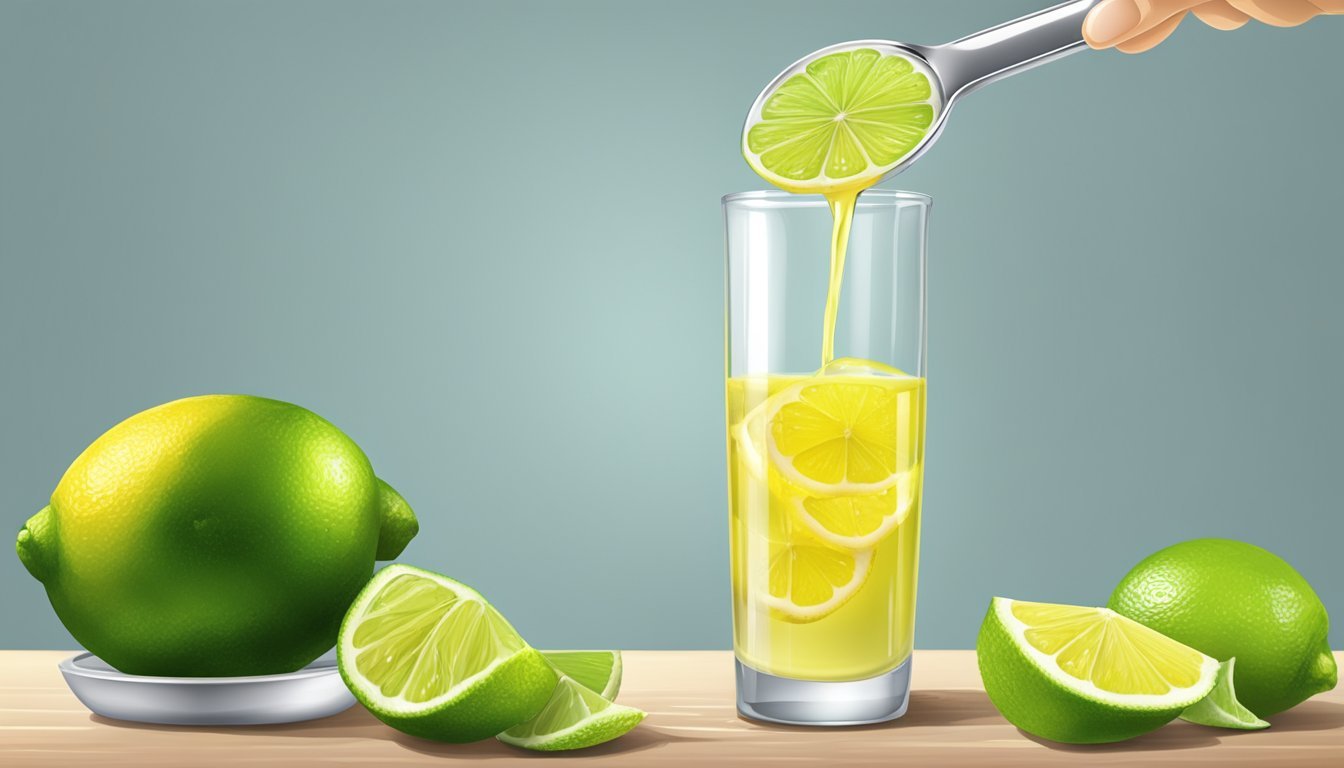
Similar to lemon juice, lime juice is another citrus option that can serve as a pectic enzyme substitute. It works in much the same way as lemon juice, but with a slightly different flavor profile. Lime juice can be especially good when working with tropical fruits or making margarita-inspired jams.
Use it in the same proportion as you would lemon juice. The slight difference in flavor between lime and lemon can add an interesting twist to your recipes. Some people find that lime juice pairs particularly well with berries and stone fruits, adding a bright, fresh note to preserves.
3. Vinegar

Moving away from citrus, vinegar is another acidic option that can substitute for pectic enzyme. Both white vinegar and apple cider vinegar can work to break down pectin. The acidity in vinegar helps to soften fruit and release juices, similar to what pectic enzyme does.
However, vinegar has a strong flavor, so you’ll want to use it sparingly. Start with about 1 teaspoon per quart of fruit, and adjust to taste. This option works well for savory preserves or chutneys where a touch of acidity is welcome.
The type of vinegar you choose can also impact the final flavor of your product, so consider experimenting with different varieties to find what you like best.
Read also 13 Best Substitutes For Lillet Blanc
4. Ascorbic Acid
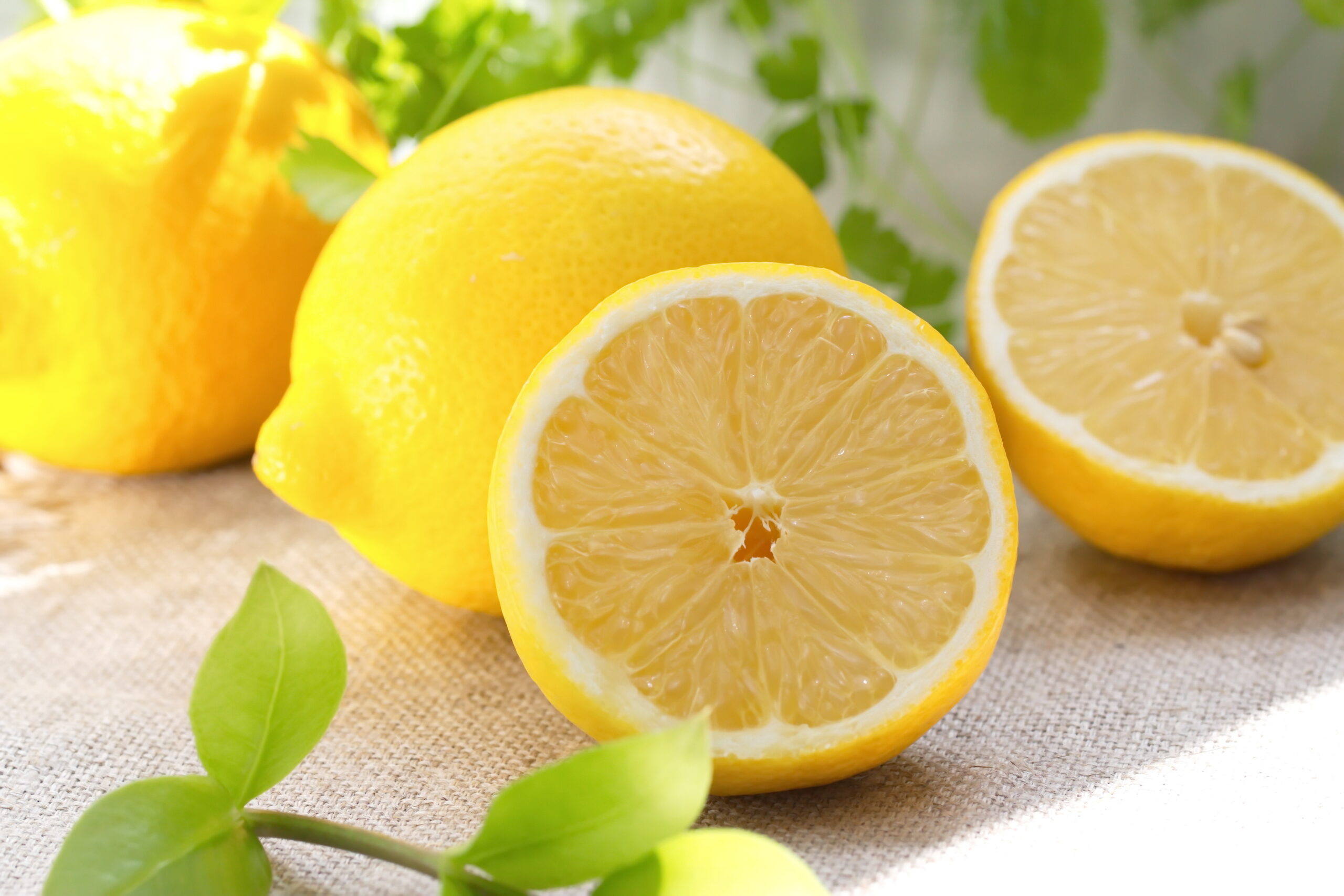
For those who prefer a more neutral flavor, ascorbic acid, also known as vitamin C, can be an excellent substitute for pectic enzyme. You can find this in powder form at many health food stores or online.
Ascorbic acid is quite strong, so a little goes a long way. Try using about 1/4 teaspoon per quart of fruit juice. This option is great for preserving the color of light-colored fruits as well as breaking down pectin.
As a bonus, ascorbic acid is a powerful antioxidant, which can help prevent browning in cut fruits. This makes it particularly useful when working with apples, pears, or other fruits that tend to oxidize quickly.
5. Pineapple

If you’re looking for a completely natural, whole-food option, consider using pineapple as a pectic enzyme substitute. Fresh pineapple contains an enzyme called bromelain, which can break down proteins and help soften fruits. To use pineapple as a substitute, you can add some fresh pineapple juice or finely grated pineapple to your fruit mixture.
About 1/4 cup of juice or 2 tablespoons of grated pineapple per quart of fruit should do the trick. Keep in mind that this will add a tropical flavor to your final product. This can be a delightful addition to many fruit preserves, adding a complex sweetness along with its pectin-breaking properties.
6. Papaya

Another fruit-based option for substituting pectic enzyme is papaya. Papaya contains an enzyme called papain, which is known for its ability to break down proteins. While it’s not exactly the same as pectic enzyme, it can help soften fruits and improve juice extraction.
You can use fresh papaya or papaya powder, which you can find in some health food stores. If using fresh papaya, add about 1/4 cup of mashed papaya per quart of fruit. For papaya powder, start with 1/4 teaspoon and adjust as needed.
Like pineapple, papaya will add its own flavor to your final product, so consider how it will pair with your main fruit ingredients.
7. Thyme

For those who enjoy working with herbs, thyme can be an interesting substitute for pectic enzyme. Thyme contains an enzyme that can help break down pectin. While it’s not as strong as commercial pectic enzyme, it can be a nice natural alternative, especially for savory preserves.
To use thyme, add a few sprigs to your fruit mixture while cooking. Remember to remove the sprigs before canning or bottling. The subtle, earthy flavor of thyme can add depth to fruit preserves, particularly those made with stone fruits or berries. It’s an especially good option if you’re making a savory jam or chutney.
8. Amylase Enzyme
If you’re making wine or cider, you might consider using amylase enzyme as a substitute for pectic enzyme. While it’s not exactly the same as pectic enzyme, amylase can help break down starches in fruits, which can lead to clearer juices.
You can find amylase enzyme in brewing supply stores. Use it according to the package instructions, as the concentration can vary between brands. Amylase is particularly useful when working with fruits that are high in starch, like bananas or unripe apples.
It can help improve the clarity of your final product and may even boost the alcohol content slightly in fermented beverages.
9. Time
For those who don’t mind a bit of patience, time itself can be a substitute for pectic enzymes. If you’re making wine or fermenting fruits, simply allowing the mixture to sit for a longer period can naturally break down pectin.
This method requires no additional ingredients, but it does require more time – often several weeks or even months. It’s a good option if you’re not in a hurry and prefer a hands-off approach.
This method can be particularly effective when combined with other gentle techniques, like occasional stirring or racking. The slow breakdown of pectin can lead to a clearer, more refined final product.
10. Freezing

Another option that requires some patience is freezing. Freezing fruits can help break down their cell structures, which can lead to easier juice extraction and a clearer final product. To use this method, freeze your fruits solid, then thaw them completely before using. This works especially well for berries and stone fruits.
Keep in mind that previously frozen fruit may have a softer texture, which can be great for jams but might not be ideal for all applications. Freezing can also help concentrate flavors in some fruits, potentially leading to a more intense flavor in your final product.
11. Heat Treatment
Lastly, we have heat treatment as a method to substitute for pectic enzyme. Heating fruits can help break down pectin naturally. To use this method, gently heat your fruit or juice before proceeding with your recipe.
Be careful not to overheat, as this can change the flavor and color of your fruits. A gentle simmer for about 5-10 minutes is usually sufficient. This method works well for making clear fruit juices or preparing fruits for wine making.
Heat can also help release more flavor from your fruits, potentially enhancing the taste of your final product. However, it’s important to balance this with the potential loss of fresh fruit flavor that can occur with prolonged heating.
Conclusion
Each of these substitutes has its own advantages and potential disadvantages. The best choice for you will depend on what you’re making, what flavors you enjoy, and what ingredients you have available. Don’t be afraid to experiment with different options to find what works best for your specific recipe.
Remember that these substitutes may not work exactly the same way as commercial pectic enzyme, so you might need to adjust your recipes or processes slightly. With a bit of creativity, you can achieve great results using these alternatives to pectic enzyme in your home brewing and preserving projects.
